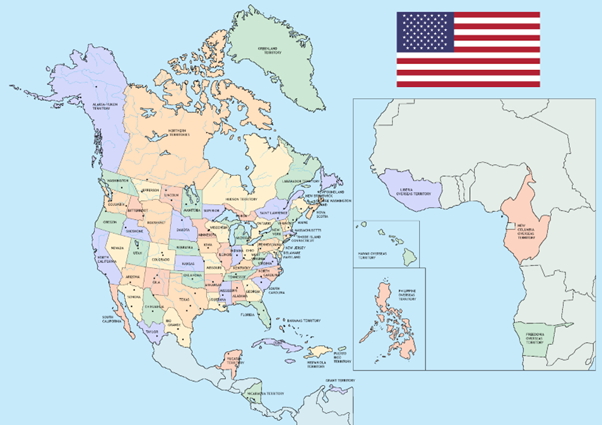Who is Boris Johnson?
- The Mary Word
- Aug 16, 2019
- 3 min read
By Mairead Stone
Following Theresa May’s resignation on May 24 2019, Boris Johnson was inaugurated as British Prime Minister on July 24, just two months later. His bleached blond hair is certainly distinctive, but who exactly is Boris Johnson?

Johnson started his career as a political journalist after attending Eton College and the University of Oxford. After joining The Times as a reporter in 1987, he was fired for fabricating a quote. Johnson then became Brussels correspondent for The Daily Telegraph from 1989 to 1994, and assistant editor from 1994 to 1999. He also became a political journalist for The Spectator in 1994, and was an editor from 1999 to 2005.
He was quoted in 2005 as saying, “Everything I wrote from Brussels I found was sort of chucking these rocks over the garden wall and I listened to this amazing crash from the greenhouse next door over in England. It really gave me this, I suppose, rather weird sense of power.”
In 2001, Boris Johnson was elected a member of the Conservative Party. He was forced to quit his role as Shadow Arts Minister and Party Vice-Chairman in 2004 after lying about a four-year extramarital affair with Petronella Wyatt, daughter of Labour politician, Lord Wyatt. Johnson’s career recovered in 2008 when he became Mayor of London for two terms, overseeing the 2012 London Olympics during this time. He was then Foreign Secretary between 2016 and 2018 under Theresa May’s Prime Minister-ship.

Johnson’s policies focus on Brexit, with Johnson writing political articles and books to publicly assert his opinion. In his 2006 publication, ‘The Dream of Rome’, Johnson compares the Roman Empire to the EU, implying that the latter failed to “create a single market, a single currency, a political union” in the successful manner of the Romans. His role as Brussels’ correspondent for The Daily Telegraph also enabled him to emphasise an anti-EU sentiment.
This has led Boris Johnson to promise in his first speech as PM that Britain will “come out of the EU on October the 31st, no ifs or buts”, which would conclude the three-year debate of Britain’s Brexit deal. If no solution is agreed upon, a no-deal Brexit is assured, creating uncertainty around issues such as border control, trade, healthcare, tax and mobile phone roaming.
Johnson has been labelled a ‘Marmite’ politician, in that attitudes towards him are polarised. During his address upon becoming Conservative Party Leader on July 23rd, he came up with the slogan, “Deliver, Unite, Defeat”, spelling out ‘DUD’. In an apparent attempt of humour, he added “energise” to change the acronym to ‘DUDE”, stating, “DUDE, we are going to energise this country!”

Boris Johnson received support from US President Donald Trump upon his appointment as PM. Despite being labelled a ‘British Donald Trump’, Boris Johnson’s opinions on Trump have been varied.
In 2015, Johnson criticised Trump’s proposed Muslim-ban, saying he was “out of his mind” and would be “playing the game of the terrorists”. He then stated Donald Trump displayed a “stupefying ignorance that makes him frankly unfit to hold the office of President of United States”.
However, this year Boris Johnson has praised Trump as having “many good qualities. This is a guy who, when all is said and done, has got the US economy motoring along”. Due to the ambiguous nature of their relationship, it is uncertain how Boris Johnson will come to affect the future of international relations outside of Europe.



Comments